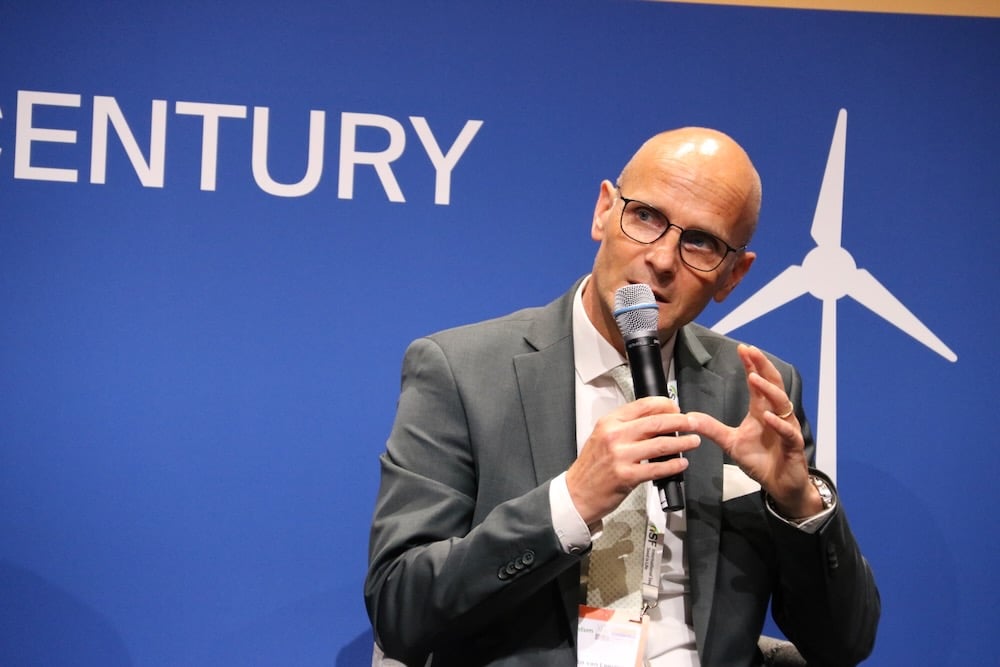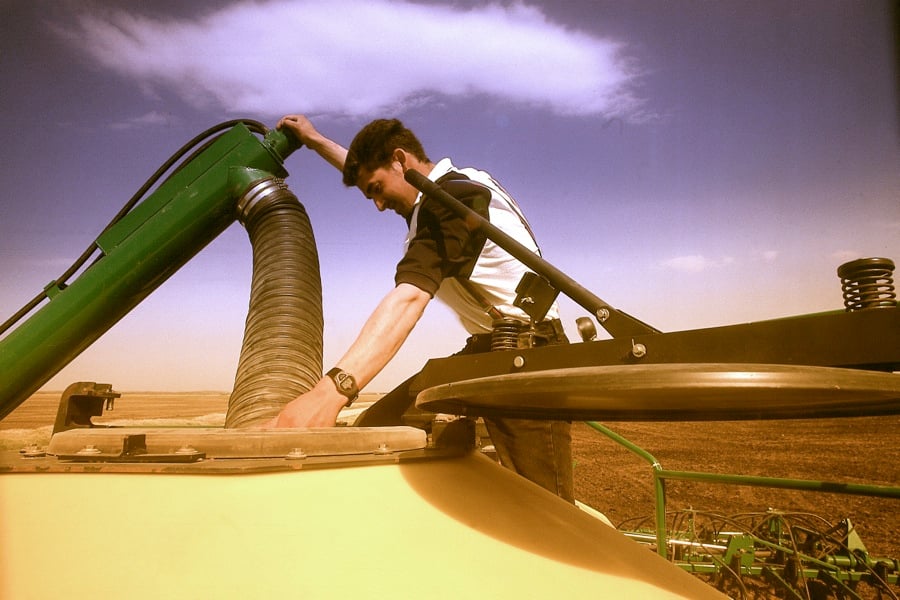Global instability affects seed trade

Leaders of international seed organizations and companies warn that various countries’ failure to follow global trade rules could threaten the seed trade and human food security.
Read Also

Global agreement targets illegal seeds
A memorandum of understanding, signed at the World Seed Congress in the Netherlands, is aimed at fighting the illegal use of seed.
Why it matters: Seed development and movement, like other agricultural products, is affected by geopolitical tensions.
However, increased volatility could bring opportunities for some farmers as companies look for seed multiplication sites in stable and trade-friendly countries.
The move from free trade to tit-for-tat application of sanctions and increased use of non-tariff trade barriers has made business more challenging for seed companies, which have global supply chains.
“We have in our company quite some troubles with exporting seeds from country one to country two just because country two doesn’t like country one,” says Marco van Leeuwen, president of the International Seed Federation and managing director of the Rijk Zwaan vegetable seed company, speaking at the recent World Seed Congress in Rotterdam, Netherlands.
Global seed trade has increased as more companies produce seeds and distribute them around the world.
There’s about eight times more seed movement between countries than just 20 years ago, says Michael Keller, executive director of the International Seed Federation. Some governments worry about seed-borne diseases so it has taken effort to convince them that there’s little risk in allowing seeds to move into their country, he said.
However, van Leeuwen says his company is buffeted by increasing disputes between countries that decide not to trade with each other or to impose sanctions. During the COVID-19 pandemic, countries identified domestic food production as a strategic priority. That includes seeds, so some closed their borders to seed imports in an attempt to grow domestic supplies.
“We breed varieties in country one, we test varieties in all the countries with the appropriate climatic conditions, and then we have to produce seeds, which we do again in other countries,” said van Leeuwen.
Those seeds are brought back to one country for packaging and distribution.
Seed production is also more challenging because of a changing climate and trade risks.
“There’s a fear of scarcity when it comes to seed multiplication,” said van Leeuwen.
Professional seed growers are aging and not passing their role to new generations. Others decide the risks of seed production are not worth the threat to a farm’s business.
Trade is more politicized
As well, global trade rules are not working. The World Trade Organization’s dispute resolution system is paralyzed because the United States refuses to name representatives to the dispute panel.
Even so, WTO director Edwini Kessie said at the World Seed Congress that global trade has increased by 6.3 per cent since 2019. A study also showed that trade is more aligned with political objectives.
“The data did not disclose a wholesale transition to regionalization or near-shoring,” he said during a panel on navigating trade changes in the world.
There will be impacts on businesses and the poorest people as companies manage political tensions in the world as part of their business strategy. Add the need to meet new sustainability targets and it’s a recipe for less efficiency, says Marion Jansen, director of the trade and agriculture directorate for the Organization for Economic Co-operation and Development, a forum where governments from 37 democracies promote economic growth.
“Unfortunately, the price of this efficiency loss may end up being paid by the poorest of the world, because you as a seed community, you deal with food and food is what the poorest need most,” she said.
Van Leeuwen says the seed sector faces barriers that are not scientifically based.
“We look at a map and we see a lot of red flags. This is preventing us from reaching out to the farmers who have the right to get the quality seed of their choice. For the seed industry and for the farmers of the world, that is a big concern,” he said.
Source: Farmtario.com

